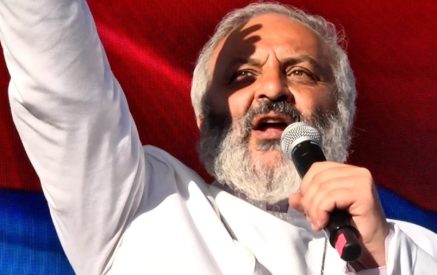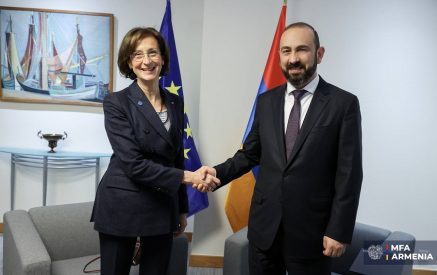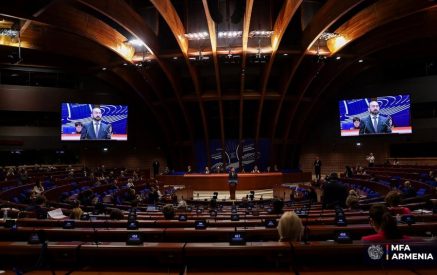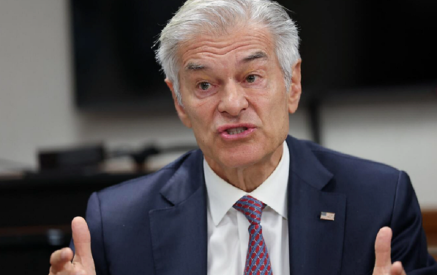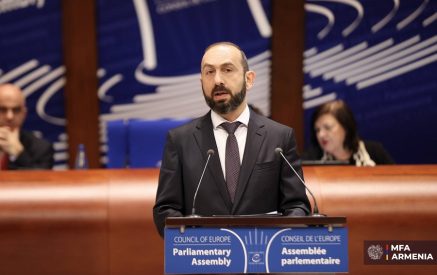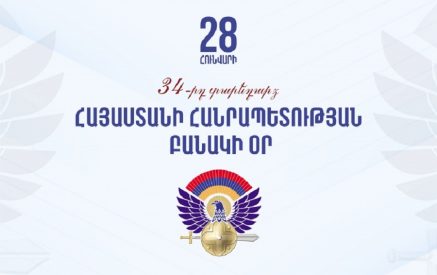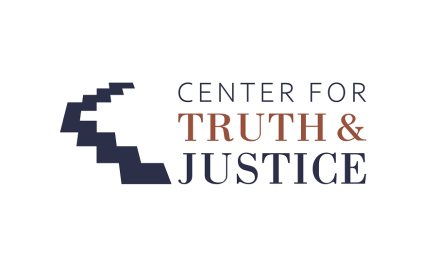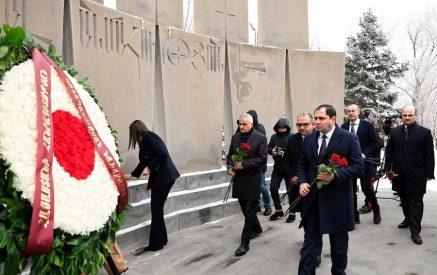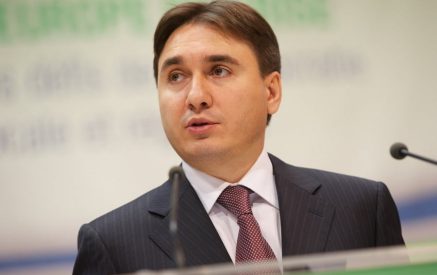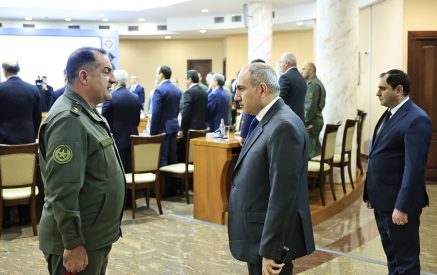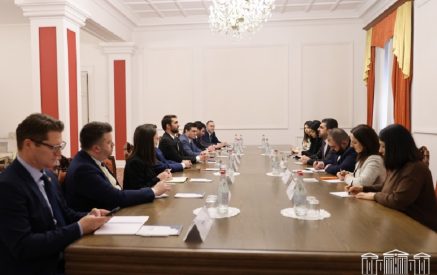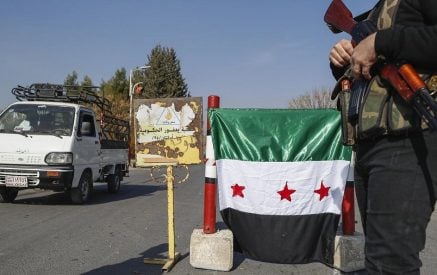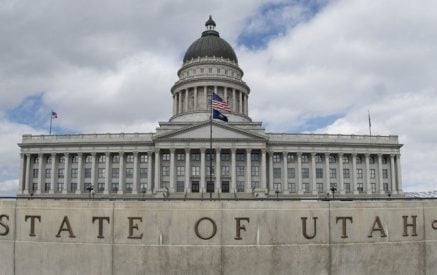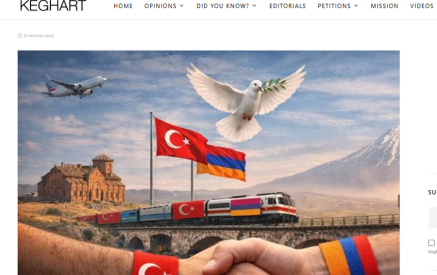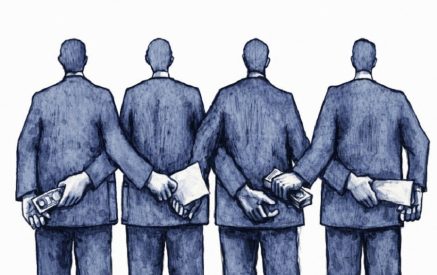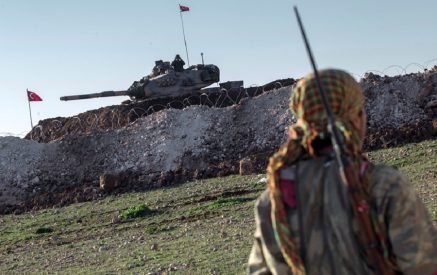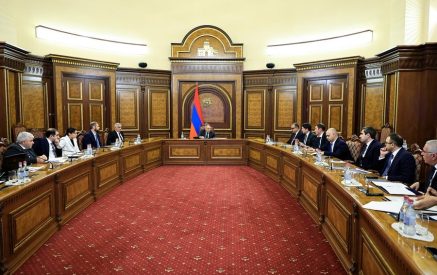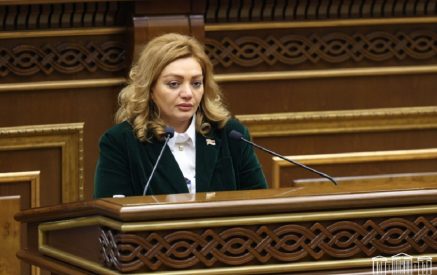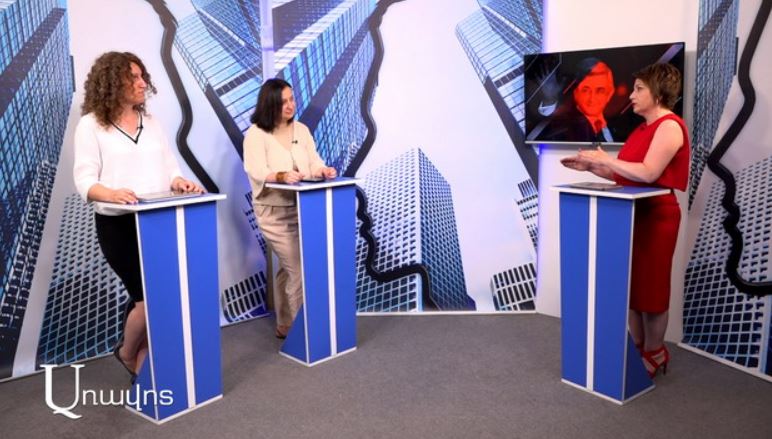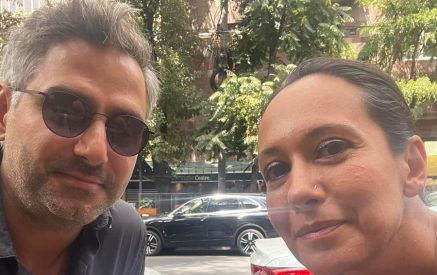According to a survey by the Caucasus Barometer of the Caucasus Research Resource Center-Armenia in 2021, only 17% of Armenians think that the country’s domestic policy is going in the right direction, and 44% think the direction is wrong. After the revolution (according to 2019 data), 67% of the respondents considered that the country’s domestic policy was moving in the right direction. The guest of Aravot’s “Areresum (Confrontation)” program, Executive Director of the Caucasus Center for Research Resources-Armenia Foundation Sona Balasanyan, referring to these figures reflecting public attitudes, said, “As a sociologist, I can say that in every society, after the revolution, naturally, the expectations are very high.
And then, over time, disappointment occurs. Societies differ in how long that period of frustration lasts.” According to her, “We have almost returned to where we were before the revolution. But the percentage of the citizens who think that we are going in the right direction is a little higher: in 2017 it was 8%, and this year it is 17%.”
In response to the question about expectations from the 2018 revolution, 11% of the respondents said that they have no expectations, 7% said that the expectations were negative, and 82% of the population said they were positive. In response to the question about to what extent were the expectations related to the revolution justified, in 2021 56% of the population answered that they were little or not justified at all, and 44% said that they were fully or partially justified. For comparison, in 2019, 76% said that the same question was fully or partially justified, only 24% said that they were less or not justified at all. In response to the question about if people’s expectations not being fulfilled have deepened after the revolution, the Research Director of the Caucasus Research Resource Center-Armenia, Lilit Ezekyan, said, “The impact of the negative outcome of the 2020 war on people’s attitudes is clear here.” According to her, the shocking events affect the opinion of the respondents.
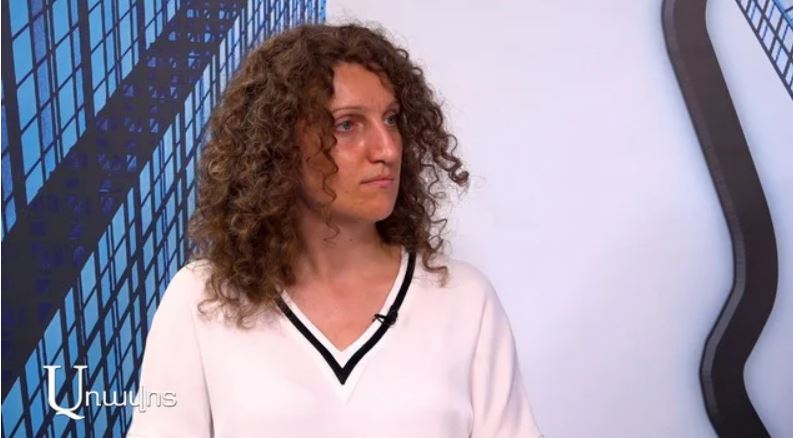
Lilit Ezekyan
According to the survey, 39% of Armenians think that the goal in the Artsakh issue should be the return of lost territories. About 30% think that the former NKAO territory should be restored, and 25% think that the current status quo should be maintained. This led the Luys Foundation to conclude that the study shows that the agenda of the Armenian authorities in the field of foreign policy and security generally does not enjoy the support of the majority of Armenian citizens. “In my opinion, it is also very important that when we asked, which of the following points do you agree with, and if it is impossible to forget what happened in the past among the nations, 89% of the population thinks that it is impossible,” Lilit Ezekyan said, mentioning more statistics.
Read also
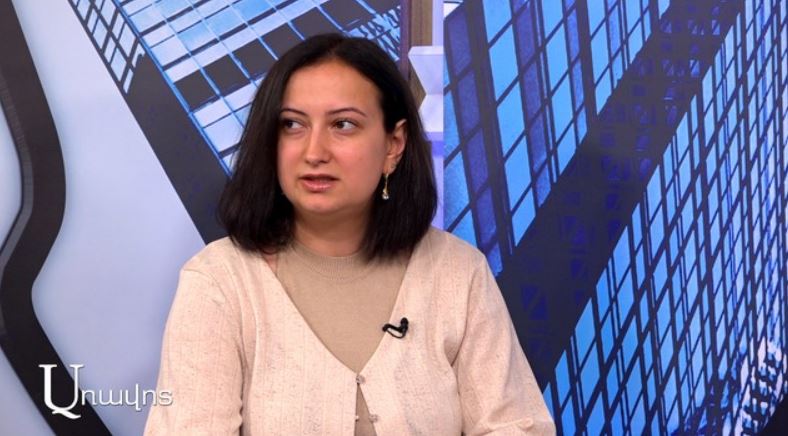
Sona Balasanyan
once again emphasized that the poll has an “emotional background.” “It should also be taken into account that public perceptions of this issue are ambiguous. It’s quite difficult to analyze․․․ At the same time, we see uncertainty and, in particular, a lack of consensus on which unions can join on security issues.”
Seventy-six percent of Armenians agree that the operation of transport infrastructure between Azerbaijan and Nakhichevan will endanger national security, while 32% believe that it will create new economic opportunities for Armenia. Lilit Ezekyan said in this regard, “As a researcher, I would like 2-3 years to pass, to do 2 studies, and to analyze it again. The 2021 survey is post-shock, a year after the war.”
Sona Balasanyan asked the opposite question, “Is 32% too much or too little? Maybe it is less than the main percentage that is against it or that considers it a security issue, but 32% say that there can be an economic perspective. These are ambiguous numbers, we just need to understand the attitude.” According to the citizens of Armenia, a new escalation around Nagorno-Karabakh is possible in the coming years. Twenty-seven percent of participants see such a risk in the next 1-4 years, and 12% in 5-10 years. According to 19%, the conflict is never over. “Almost half of the population is afraid that in the next 10 years we may have another war or some kind of conflict,” Lilit Ezekyan said. Nevertheless, the majority of respondents do not see Artsakh as part of Azerbaijan, either with a high degree of autonomy (only 0.5% are in favor) or without autonomy (0.8% are in favor).
Anna ISRAELYAN


